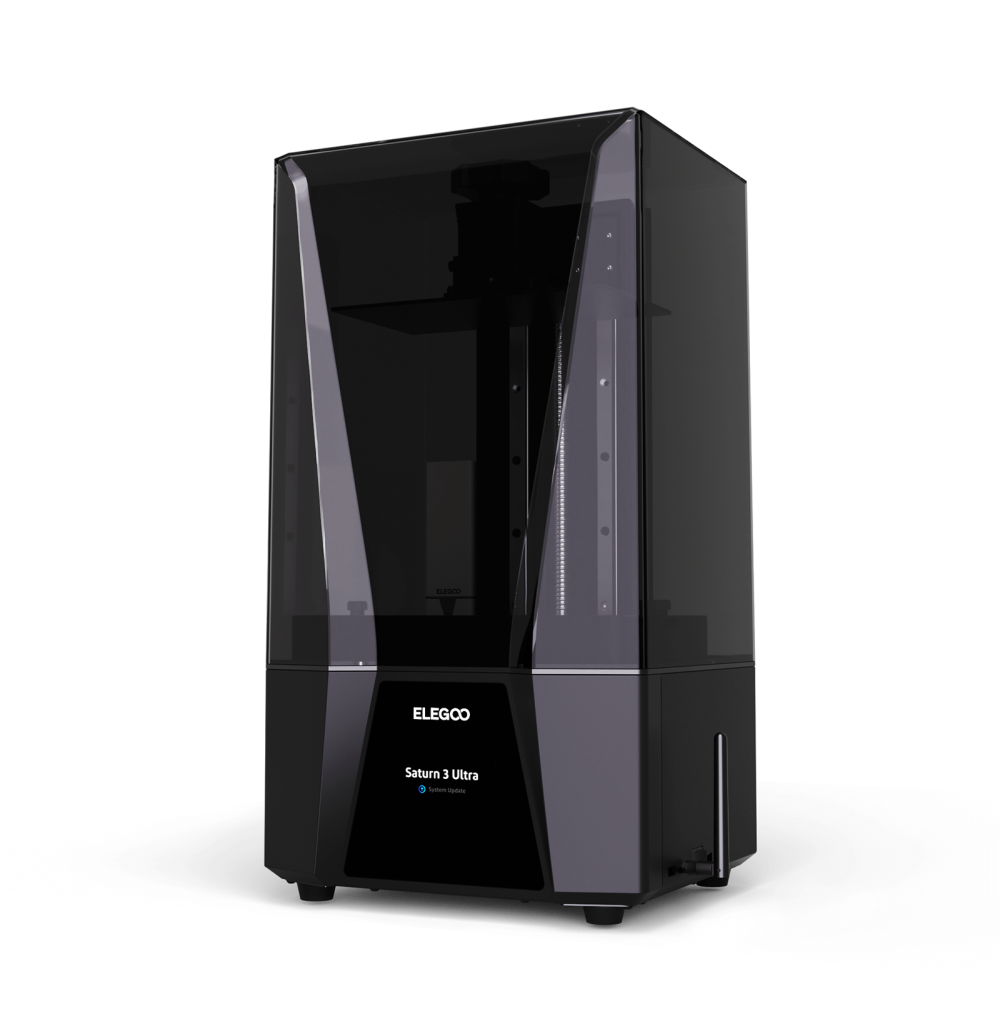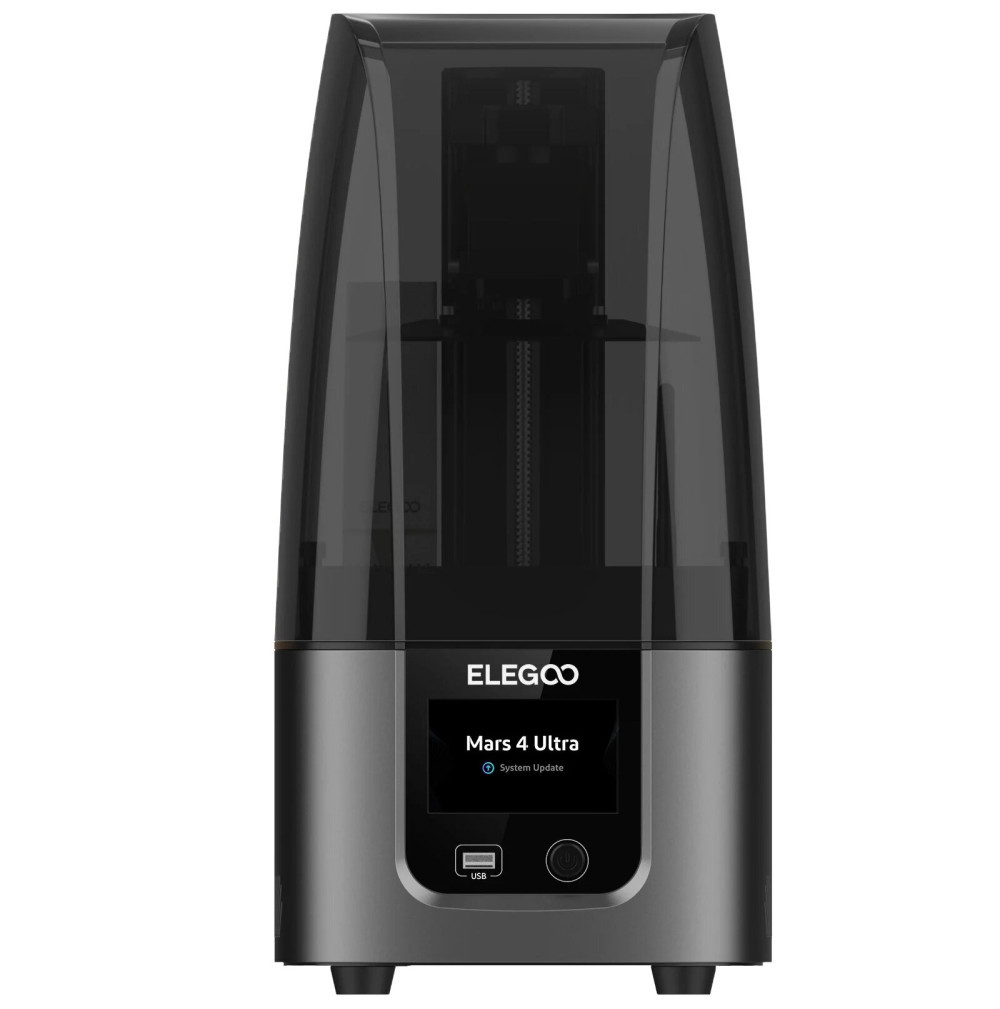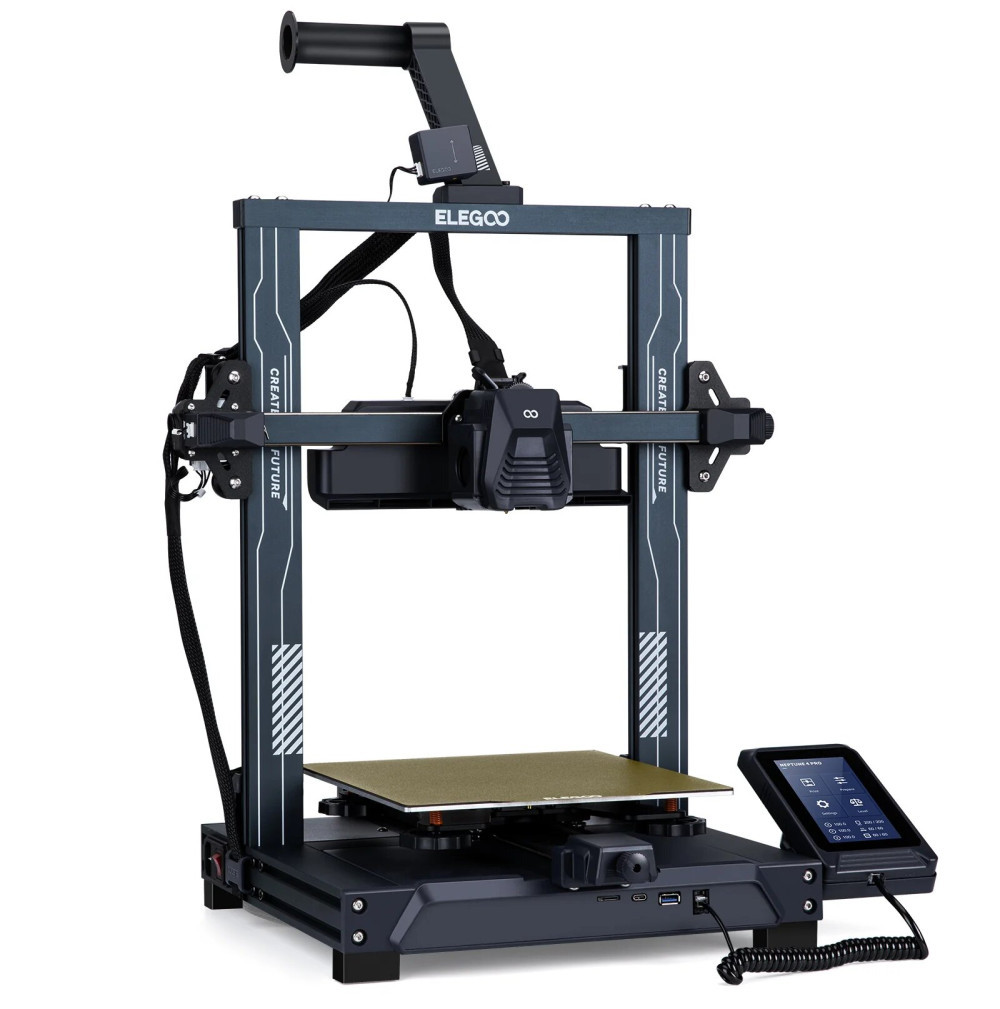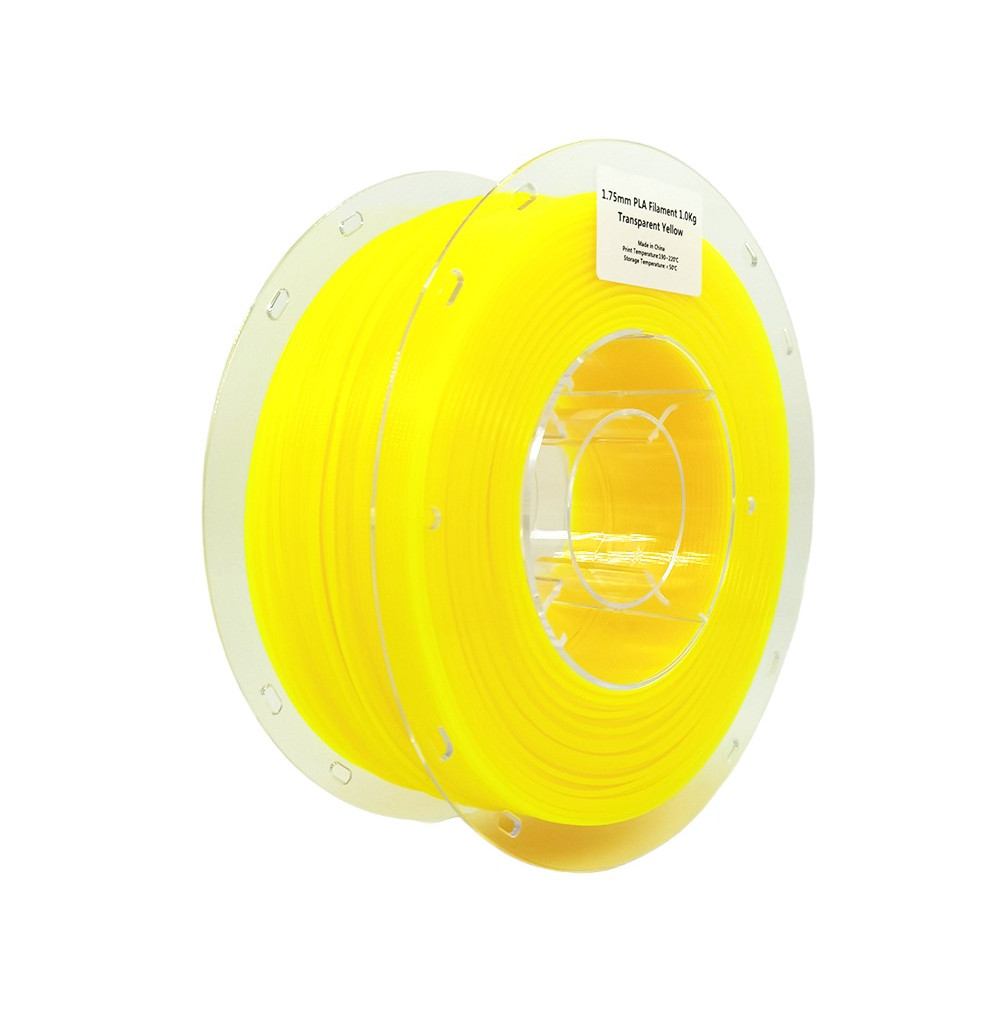Livraison standard gratuite pour les commandes supérieures à 50€
3D PLA Filament Yellow Transparent 1KG Lefilament3D
The dazzling transparency of Transparent Yellow PLA by Lefilament3D brings your projects to life with unparalleled brightness.
| Printing Tips for Lefilament3D PLA | |
|---|---|
| Mark | Lefilament3D |
| Filament diameter | 1.75 mm |
| Extruder Temperature | 190°C - 220°C |
| Tray Temperature | 40°C - 60°C |
| Recommended print speed | 50-100 mm/s |
| Fan Speed | 100 % |
| Recommended Gripping Surface | PEI Tray, Lacquer, Glue |
 Security Guarantees
Security Guarantees
(à modifier dans le module "Réassurance")
 Shipping Policy
Shipping Policy
(à modifier dans le module "Réassurance")
 Returns Policy
Returns Policy
(à modifier dans le module "Réassurance")
The Transparent Yellow PLA 3D Filament from Lefilament3D is an ideal choice for creators looking for brightness and transparency. This material makes it possible to bring impressive 3D printing projects to life by offering a bright yellow hue and exceptional transparency. Thanks to its ease of use and compatibility with a variety of 3D printers, it is suitable for both beginners and experts. Opt for Lefilament3D's Transparent Yellow PLA for bright and fascinating 3D prints.
Characteristics:
Material: PLA (Polylactic Acid)
Color: Transparent Yellow
Weight: 1kg
Filament Diameter: 1.75mm
Extrusion Temperature: 190-220°C
Tray Temperature: 40-60°C
Density: 1.24 g/cm³
Tensile Strength: 7,250 psi
Elasticity: 2.7 GPa
Environmental Impact: Biodegradable
Compatibility: Works with most FDM 3D printers.
PLA (Polylactic Acid) is a predominant material in the field of 3D printing, and its notoriety is fully deserved. Its ease of use makes it popular with both novices and 3D printing experts. The results obtained with PLA are remarkable, offering exceptional finesse and precision. But the merits of the PLA don't stop there. It also stands out for its ecological commitment, being made from renewable raw materials such as corn or sugar cane, making it a biodegradable and compostable material. Opting for PLA means choosing a responsible approach towards our planet. In addition, PLA has excellent adhesion to the print bed, minimizing common problems such as warping or warping of printed objects. Its low melting temperature also contributes to more energy-efficient use, reducing the carbon footprint of 3D printing.









